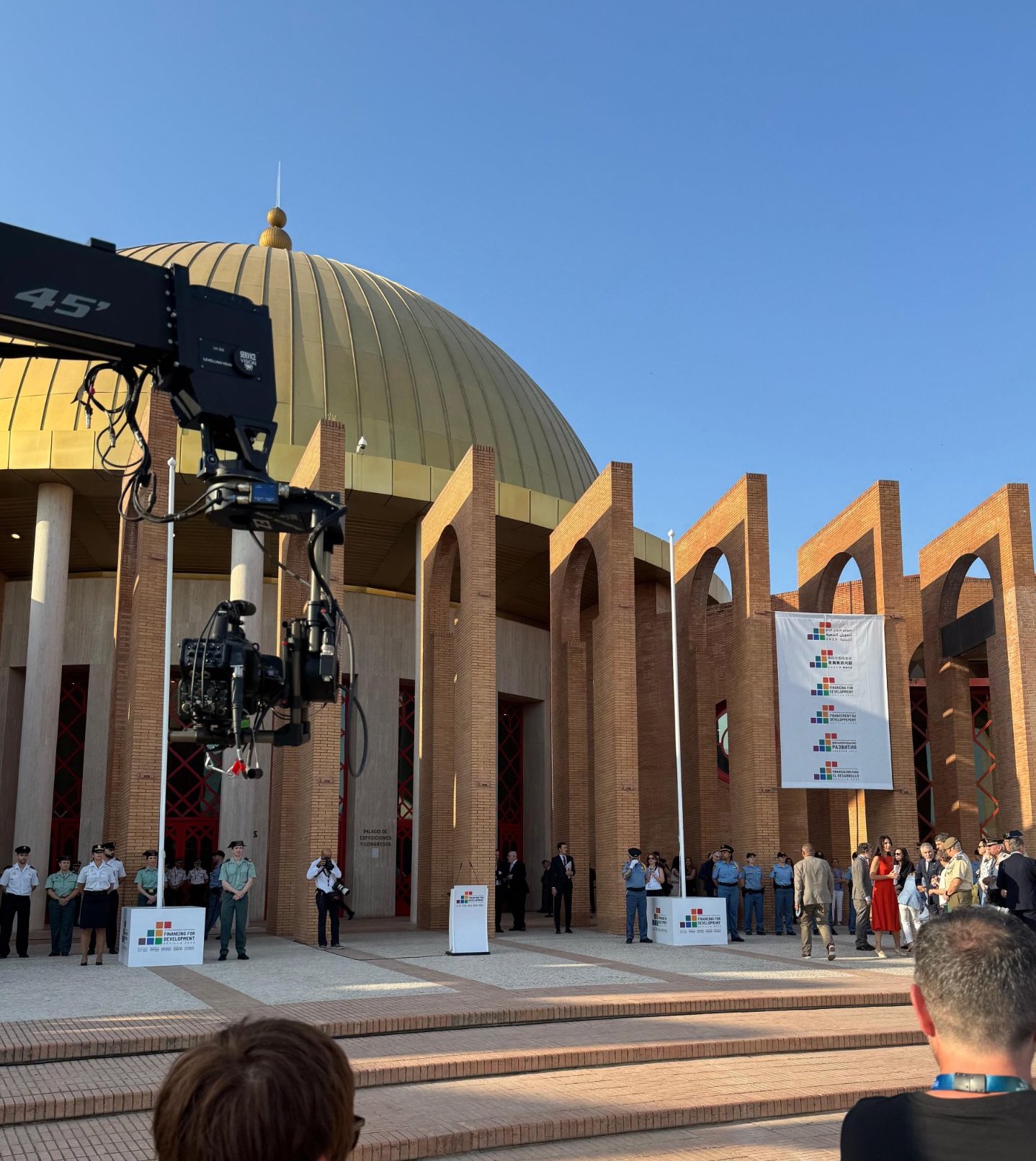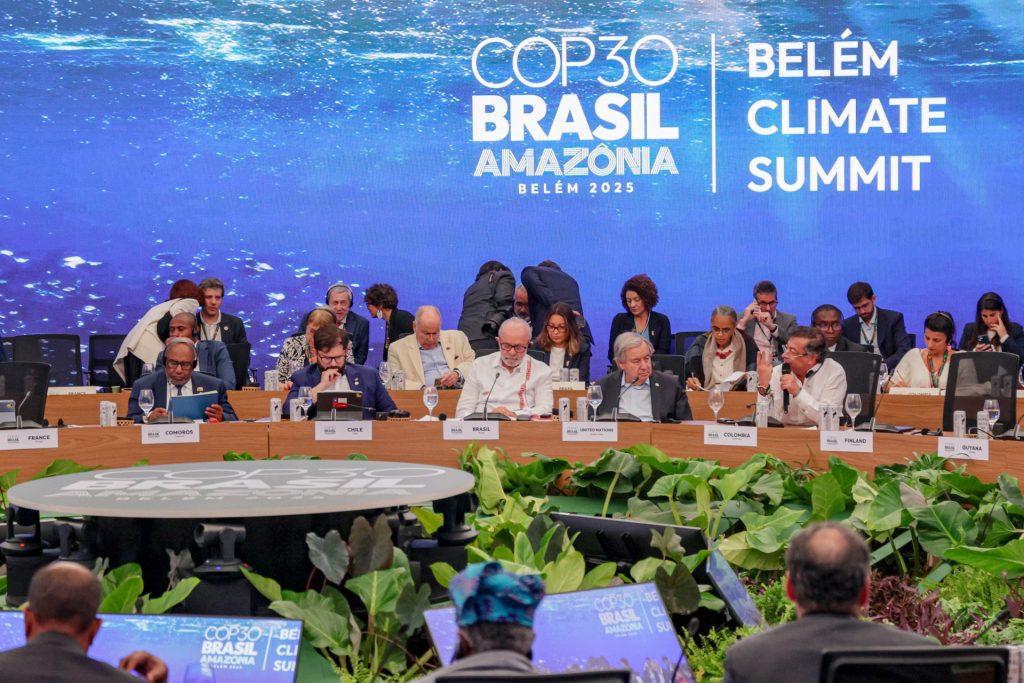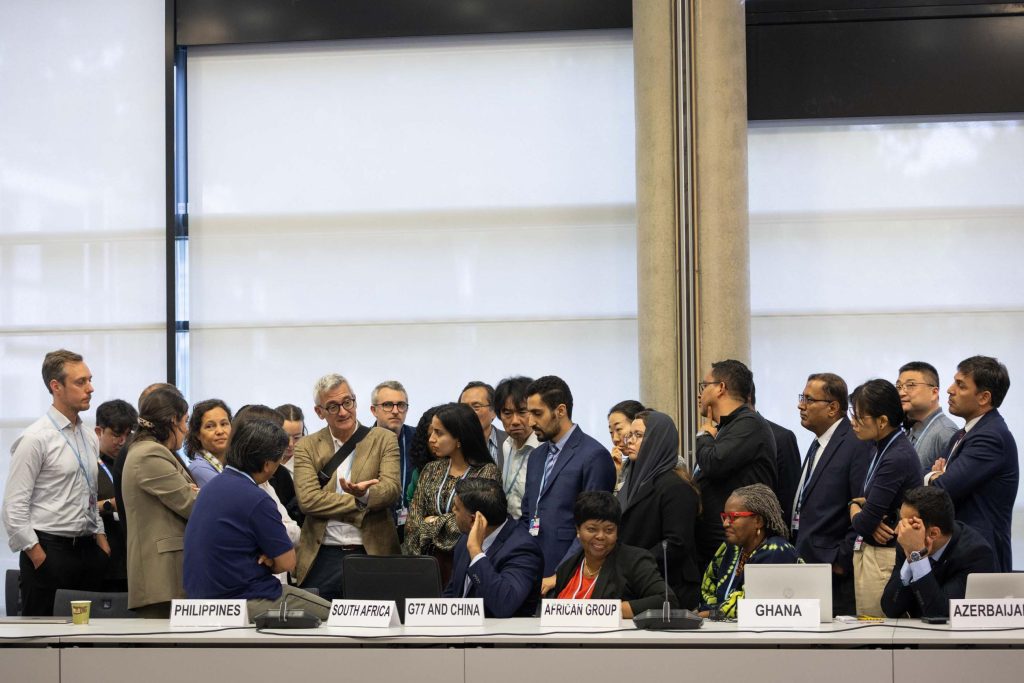The fourth Financing for Development Conference (FFD4) convened in Sevilla, Spain, ending on 3 July, marking the end of a decade since it was last held. The timing could not be more pressing. Development finance has shrunk significantly, and the USA’s withdrawal from multilateral agreements further jeopardising development finance the world over.
Debt dominated discussions in Seville. The last Financing for Development held in 2015 produced the Addis Ababa Action Agenda, which acknowledged the debt burden of developing countries and outlined measures on debt sustainability and management. Ten years later, the debt question remains unresolved. In 2024 alone, the Gambia spent more on servicing its debt than on health, education, and agriculture combined. Former president of Mauritius, Ameenah Gurib-Fakim, speaking at the conference on the constraints that debt burdens place on national budgets: “About 90% of African countries are using their resources to service debt interest — so they are not investing enough on health, not investing at all, if anything, on education. And yet, we know these are the prime movers of growth.” Africa spends almost three times more on servicing external debt than it receives in climate finance, with a report from the Institute for Economic Justice (IEJ) showing that the rise of Africa’s debt service is exacerbated by climate shocks and shrinks budget space for climate mitigation and adaptation initiatives.
FFD4 offered some progress towards reforms for global financial architecture and debt support for developing countries. There was the launch of the Beyond GDP Global Alliance, led by Spain with implementation support from the Organisation for Economic Cooperation and Development (OECD), the UN Conference on Trade and Development (UNCTAD) and the Ibero-American General Secretariat (SEGIB). South Africa, Brazil and Spain launched a coalition to accelerate tax reforms, arguing that without significant changes to global tax systems developing countries will not sustainably develop. UN Secretary General António Guterres also launched the Sevilla Platform for Action, which put forward 130 initiatives geared at implementing the Sevilla Commitment, the conference’s key outcome.
The draft outcomes document had already been agreed upon by 192 countries before the Conference began, with delegates formally adopting it at FFD4. The outcome text is significant insofar as it demonstrates global consensus on the need for development finance structures for the next ten years. While unfortunate, the USA’s withdrawal from the conference also meant that text could be adopted by consensus on the first day, a demonstration that multilateralism is adapting to geopolitical shifts, tariffs and trade wars.
The Sevilla Commitment details positions on how to improve development finance through debt management, tax reforms and private sector investment. Its strengths include its support for a holistic approach to debt and tax reforms, acknowledging the unique challenges developing countries face. It calls for an increase in tax revenue thresholds to at least 15% of GDP, the creation of a central global debt data registry under the World Bank to harmonise and strengthen debt data reporting and enhance debt transparency, and of a playbook to make better use of the IMF’s Special Drawing Rights during financial crises or economic shocks.
The Commitment also formally requests that the UN Secretary-General convene a working group with the IMF and the World Bank to propose voluntary guiding principles on responsible sovereign debt management, and calls for the operationalisation of the SIDS Debt Sustainability Support Service to enable effective debt management and devise effective solutions for Small Island Developing States to address debt vulnerability in the immediate term and debt sustainability in the long term.
Several African countries also argued for updates to sovereign debt frameworks, seeking quicker and more equitable restructuring mechanisms that include private creditors and middle-income countries. The outcome text does not go this far but it does urge the G20 to strengthen its Common Framework for Debt Treatments beyond the Debt Service Suspension Initiative (DSSI). The issue is especially relevant given South Africa’s G20 Presidency stating its intentions to prioritise debt reform and the troubled history of the Common Framework in addressing Africa’s debt. While Civil Society Organisations (CSOs) failed to secure a commitment to create a multilateral framework to help countries deal with debt, delegates proposed the next best thing, a creation of a ‘borrowers club’ for countries to discuss technical issues, share information, and improve their experiences.
The Commitment also supports the creation of an African credit rating agency and calls for a review of credit rating mechanisms.
FFD4 signals a step in the right direction in addressing debt burdens and tax reform. However, there are concerns about the implementation of its outcomes. Civil society attendees bemoaned the vague wording and lack of ambition in the outcome text, at a time when development finance is under significant pressure. Many called it a draft that simply worked to achieve agreement on the lowest common denominator. The optimism of the Conference failed to account for the fact that the state of development finance will likely deteriorate in the next ten years. Text in the Commitment also emphasised that “each country has primary responsibility for its own economic and social development.” Many countries remain frustrated with the lack of appetite of developed countries to assume more responsibility for debt and tax system reforms, and a perceived unwillingness to transform financial institutions such as the World Bank and IMF. And while the Commitment and initiatives from the Sevilla Platform for Action demonstrate that the spirit of climate multilateralism is still alive, stakeholders are not compelled to translate those words into action on the ground. As Barbados’ Minister of Finance Ryan Straughn put it: “the true measure of this gathering will not be words on a page. It will be whether we bend the arc of history towards justice, towards action, and towards results on the ground for our people.”
Perhaps the biggest success of FFD4 is that it lays the foundation for future discussions and can be a springboard for progress. Debt relief will continue to be a trend in discussions at UNGA80, COP30 and the G20 Summit. The latter is especially important because of South Africa’s presidency, and is the first summit since the AU became a permanent member of the G20. South Africa’s G20 Presidency is a co-chair for the Global Sovereign Debt Roundtable (alongside the IMF and World Bank), and for the G20 Common Framework for Debt Treatments beyond the DSSI. The Fourth Financing for Development signals an alliance of progressive stakeholders coming together to advance tangible change. But this progressive alliance and climate multilateralism must contend with weak language and insufficient ambition. The true test of FFD4 is whether negotiators can build on its outcomes.





